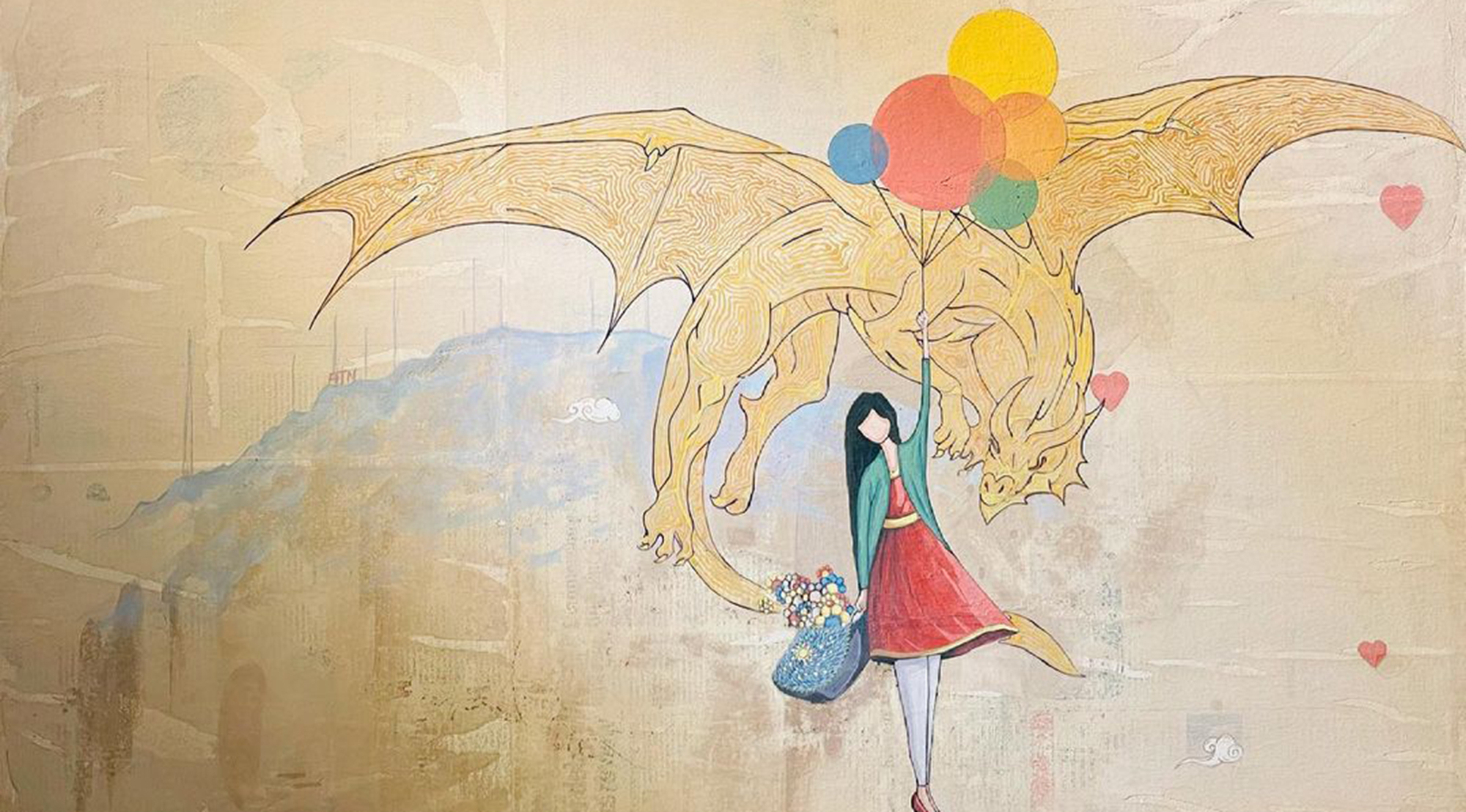Personal reflection
What do we learn from our mistakes, from the experience of failure, from difficulties, obstacles, and detours? This question is central to peacebuilding. An honest appraisal of this issue is a prerequisite for innovation and continued development. It is also important for managing expectations during the peace process in a transparent and (more) realistic way. And it aids in the critical examination of the neoliberal understanding of control and feasibility.
This question can be asked on a number of different levels: It is relevant to national and international peace processes which, sadly all too often, are failing or have failed to bring about the desired result. Guatemala, Columbia, Syria and Afghanistan are examples of this. In peace efforts, the question arises at grassroots level when projects and initiatives are not working or have (unforeseen) negative effects. Finally, it is central to organizations, collectives and individuals who sometimes begin to experience doubts, or even crumble, when faced with the challenges of peace work. Here I would like to offer a personal example relating to the context mentioned above.
A few years ago, I signed a contract for the evaluation of a peace project in Kabul, Afghanistan. A strong interest in the country, the exciting approach adopted by the project and my desire to broaden both my geographical horizons and my experiences in international peacebuilding were the driving forces behind my decision to apply for the post. Naturally, I was proud and excited upon finding out that my application had been successful.
Now that it was time to make concrete plans for my trip, I started asking myself: Where can I find secure accommodation? How will I obtain reliable information? Should we hire a bullet-proof or regular car? Who will be my emergency contact? How will I react in the event of an abduction? What should happen to my remains in the event of my death? I quickly noticed that the questions arising in my mind were causing me to become unwell. It became more and more difficult to sleep, I had nightmares in which I was catapulted into Afghanistan in a rocket. Even those around me became concerned. “Do you want to travel to this unfamiliar, high-risk area alone?” My emotional state rapidly deteriorated. Nevertheless, I pressed ahead with preparations, organizing my flight, hotel and visa. Because I had made a promise, I now had to deliver. I had signed a contract. I wanted to progress my career. I wanted to succeed in my work.
It took several weeks and numerous conversations with those closest to me, a security expert and a psychologist before I realized that I could – and had to – get out of the rocket. It was about my life and my health. So I turned down the offer, despite the contract and my ambitions. This took courage, but the immediate feeling of having my life back again confirmed, on an emotional level, one of the most important lessons I have learned thus far: how to recognize my own feelings and limits, take these seriously and stand up for myself.
Sometimes we need to push ourselves to our limits in order to further ourselves. But in order to grow, you also need to admit, both to yourself and those around you, when you have gone beyond these limits. This requires a private and institutional environment that promotes (self-)trust, thereby enabling us to learn from our mistakes. It requires safe spaces for (self-)reflection and exchange in which people are heard, even when things are not going so well. And it requires an understanding of self-care, where it is not about taking a spa day to recover from our endeavors, but about finding the courage to stand up for oneself and for others, despite pressure to perform obligations and ambitions.
This type of emboldening (self-)reflection on mistakes and this understanding of self-care are to have their own place at KOFF as part of the “internal networking” strategic focus. Through this, we hope to view the initial question regarding mistakes and failures as an opportunity to learn, grow and further ourselves. As people, as organizations, as networks and as movements that advocate for social change with dedication, courage, and joy.


